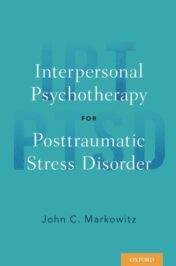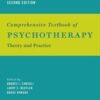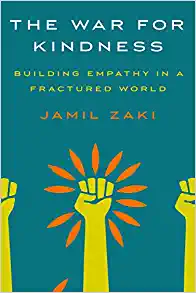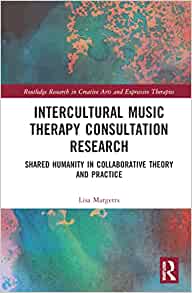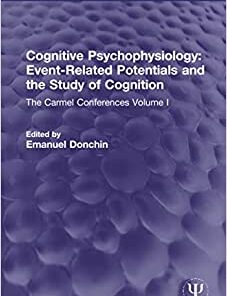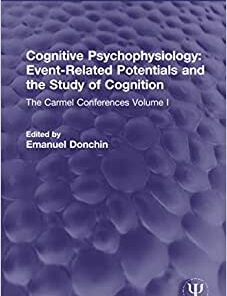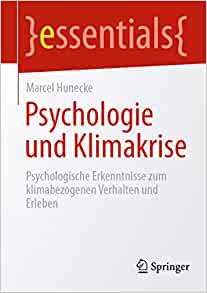Interpersonal Psychotherapy for Posttraumatic Stress Disorder (PDF)
$12
Interpersonal Psychotherapy for Posttraumatic Stress Disorder (PDF)
Posttraumatic stress disorder (PTSD) is a prevalent, debilitating public health problem. Cognitive behavioral therapies (CBTs), and specifically exposure-based therapy, have long dominated PTSD treatment. Empirically supported treatments-Prolonged Exposure (PE), Cognitive Processing Therapy, Eye Movement Desensitization and Reprocessing (EMDR), and virtual reality therapy-all have relied upon the “fear extinction model” of exposing patients to reminders of their trauma until they grow accustomed to and extinguish the fear. While exposure-based treatments work, they (like all treatments) have their limits. Many patients refuse to undergo them or drop out of treatment prematurely; others may actually worsen in such treatment; and still others simply do not benefit from them.
Interpersonal Psychotherapy for Posttraumatic Stress Disorder describes a novel approach that has the potential to transform the psychological treatment of PTSD. Drawing on exciting new clinical research findings, this book provides a new, less threatening treatment option for the many patients and therapists who find exposure-based treatments grueling. Interpersonal Psychotherapy (IPT) for PTSD was tested in a randomized controlled trial that compared three psychotherapies. Dr. Markowitz and his group found that IPT was essentially just as effective as exposure-based Prolonged Exposure. IPT had higher response rates and lower dropout rates than did PE, particularly for patients who were also suffering from major depression. These novel findings suggest that patients need not undergo exposure to recover from PTSD. Interpersonal Psychotherapy for Posttraumatic Stress Disorder describes an exciting alternative therapy for PTSD, details the results of the study, and provides an IPT treatment manual for PTSD.
Related Products
Psychology Books
Psychology Books
Psychology Books
Psychology Books
Intimate Relationships, 3rd Edition (Original PDF from Publisher)
Psychology Books
Psychology Books
The War for Kindness: Building Empathy in a Fractured World (EPUB)
Psychology Books
Psychology Books
The Age of Empathy: Nature’s Lessons for a Kinder Society (EPUB)
Psychology Books
Dopamine Nation: Finding Balance in the Age of Indulgence (EPUB)
Psychology Books
Psychology Books
Psychology Books
Psychology Books
Counseling and Psychotherapy for South Asian Americans (EPUB)
Psychology Books
The Psychology of Phubbing (SpringerBriefs in Psychology) (EPUB)
Psychology Books
Psychology Books
Developing Competencies for Recovery (Original PDF from Publisher)
Psychology Books
Psychology Books
Social Cognition (Psychology Revivals) (Original PDF from Publisher)
Psychology Books
Psychology Books
Psychology Books
Psychoanalytic Parent-Infant Psychotherapy and Mentalization (EPUB)
Psychology Books
Traumatic Loss and Recovery in Jungian Studies and Cinema (EPUB)
Psychology Books
Psychology Books
Psychology Books
Psychology Books
Sex and Sexuality in Medieval England (Original PDF from Publisher)
Psychology Books
Psychology Books
The Process of Question Answering (Psychology Revivals) (EPUB)
Psychology Books
Psychology Books
Psychology Books
Psychology Books
Psychology Books
Psychology Books
Psychology Books
Psychology Books
Psychology Books
A Jungian Approach to Coaching (Original PDF from Publisher)
Psychology Books

